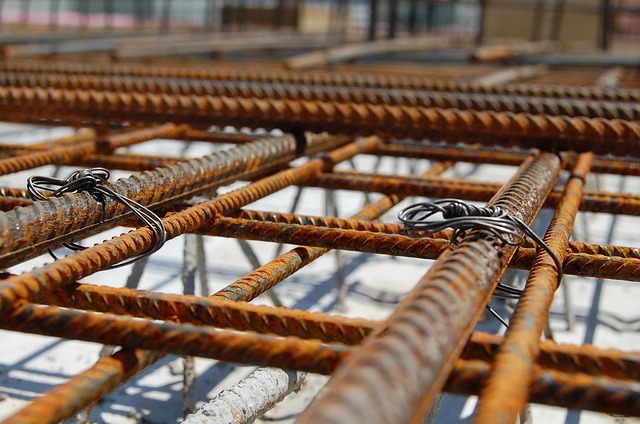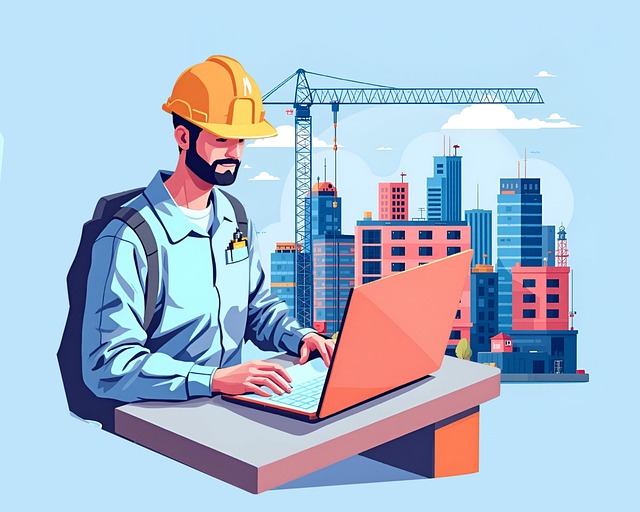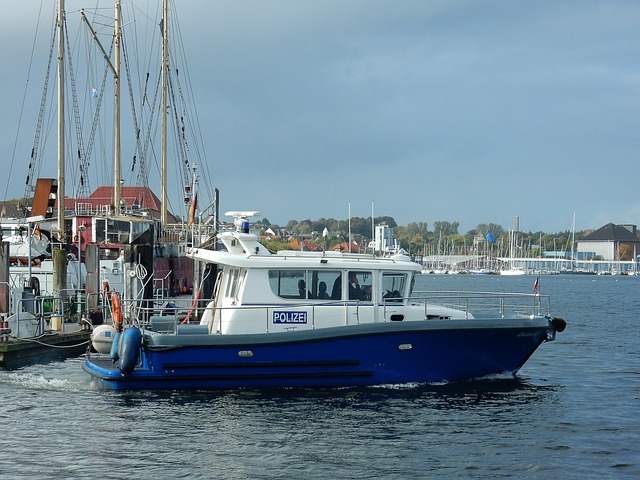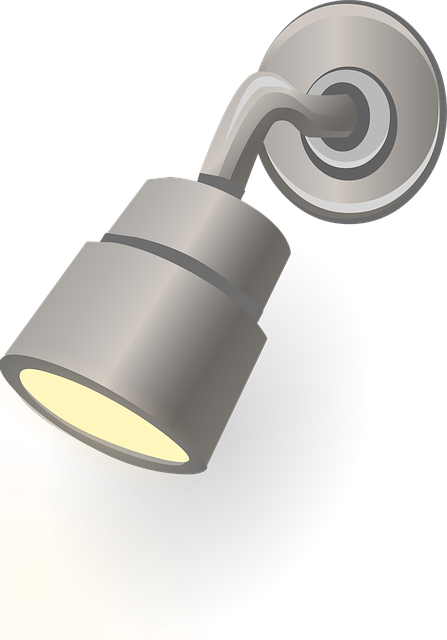Category: How to Properly Maintain Your Eugene Home Plumbing Systems
How to Properly Maintain Your Eugene Home Plumbing Systems
Introduction
In the heart of every home lies a complex network: the plumbing system. This intricate arrangement of pipes, fixtures, and appliances is responsible for delivering fresh water into our living spaces and carrying away waste, ensuring our comfort and hygiene. In cities like Eugene, Oregon, with its unique climate and diverse housing stock, proper maintenance of these systems is not just a recommendation but a necessity. This comprehensive guide aims to empower homeowners with the knowledge and tools to maintain their Eugene home plumbing systems effectively, preventing costly repairs and ensuring optimal performance. We will explore various aspects, from understanding the basics to embracing cutting-edge technologies, all while highlighting the economic, environmental, and social implications of these practices.
Understanding How to Properly Maintain Your Eugene Home Plumbing Systems
Definition and Core Components:
Proper maintenance of your Eugene home plumbing system involves a proactive approach to care for all elements within it. This includes:
-
Water Heaters: Ensuring these appliances are well-insulated, regularly flushed, and maintained by professionals to prevent leaks and prolong their lifespan.
-
Pipes: Regular inspection for corrosion, leaks, or damage is crucial. Proper insulation and repair techniques can prevent freezing during winter months, a common issue in Eugene’s climate.
-
Drainage Systems: Clearing and maintaining drains, sinks, and toilets prevents clogs and ensures water flows efficiently, preventing sewer-related issues.
-
Fixtures: Regular cleaning and sealing of faucets, showerheads, and toilets can prevent leaks and water wastage.
Historical Context:
Plumbing systems have evolved over centuries, from ancient Roman aqueducts to modern, efficient designs. The concept of maintaining these systems has also grown in importance, driven by:
-
Health Concerns: Proper plumbing ensures clean water supply and effective waste removal, preventing the spread of diseases.
-
Environmental Awareness: Modern maintenance practices focus on conservation, aiming to reduce water wastage and energy consumption.
-
Regulatory Frameworks: Building codes and standards have been implemented to ensure safe and efficient plumbing systems, with regular inspections in many regions.
Significance in Eugene, Oregon:
Eugene’s diverse climate presents unique challenges. Cold winters can lead to pipe bursts if not properly insulated. Additionally:
-
Earthquakes: The region is prone to seismic activity, requiring robust plumbing infrastructure that can withstand potential damage.
-
Water Scarcity: While Eugene generally has an abundant water supply, maintaining efficient systems promotes responsible water usage during droughts.
Global Impact and Trends
The concept of proper plumbing maintenance extends far beyond local boundaries, with international implications:
-
Global Water Scarcity: Many regions worldwide face water shortages, making efficient plumbing practices crucial for conservation.
-
Sustainable Development Goals (SDGs): The United Nations’ SDGs include targets related to clean water and sanitation, emphasizing the global importance of maintaining safe plumbing systems.
-
Regional Trends: Europe leads in smart plumbing technologies, utilizing advanced sensors and digital monitoring. In Asia, there’s a growing emphasis on low-flow fixtures and water recycling.
Economic Considerations
Market Dynamics:
The home plumbing maintenance market is a significant sector:
-
Local Plumbers: Small businesses offer specialized services, contributing to local economies.
-
Home Improvement Retailers: Stores selling plumbing supplies and tools benefit from the DIY maintenance trend.
Investment Patterns:
Homeowners in Eugene invest in:
-
Preventive Maintenance: Regular check-ups and repairs can prevent costly emergency repairs.
-
Upgrades: New, energy-efficient fixtures and water heaters offer long-term savings on utility bills.
Economic Impact Analysis:
A well-maintained plumbing system contributes to a home’s overall value, making it an attractive investment for both homeowners and real estate agents. Moreover, efficient systems can lead to substantial water and energy bill savings over time.
Technological Advancements
Smart Plumbing Technologies:
-
Internet of Things (IoT) Sensors: These devices monitor water flow, temperature, and pressure, providing real-time data for predictive maintenance.
-
Digital Water Meters: Offer detailed usage insights, helping homeowners identify leaks or inefficiencies.
Efficient Fixtures and Appliances:
Low-flow showerheads, aerators on faucets, and energy-efficient water heaters are becoming standard issues, reducing water and energy consumption significantly.
Remote Monitoring and Control:
Some advanced systems allow users to monitor and control plumbing remotely via apps, enabling quick issue identification and resolution.
Policy and Regulation
Local and National Frameworks:
-
Building Codes: Local governments enforce plumbing codes, ensuring new constructions meet safety standards.
-
Environmental Regulations: Many regions have rules for water conservation, influencing fixture design and maintenance practices.
International Standards:
Organizations like the International Organization for Standardization (ISO) set guidelines for plumbing materials and systems, promoting quality and safety worldwide.
Challenges and Criticisms
Common Issues:
-
Lack of Awareness: Some homeowners overlook regular maintenance, attributing it to a lack of understanding or time constraints.
-
Cost Concerns: Preventive measures can be expensive, especially for older homes requiring significant upgrades.
-
Complex Repairs: Certain plumbing issues demand specialized knowledge, making DIY repairs challenging.
Proposed Solutions:
-
Education Programs: Community workshops and online resources can empower homeowners with maintenance skills.
-
Incentives: Governments could offer tax breaks or rebates for energy-efficient upgrades, encouraging proactive maintenance.
-
Collaborative Efforts: Plumbers and home improvement professionals can partner to provide affordable, comprehensive maintenance packages.
Case Studies
Case 1: Green Plumbing Revolution in Portland, Oregon (2020)
The city of Portland implemented a pilot program promoting smart plumbing technologies. Sensors installed in selected homes tracked water usage, enabling early leak detection and saving an average of 20% on water bills for participants. This initiative not only conserved water but also provided valuable data for future urban plumbing management.
Case 2: The Eugene Pipe Restoration Project (2018-2022)
The City of Eugene launched a multi-year project to replace outdated pipes in older neighborhoods. By addressing 50 miles of pipes, the project aimed to improve water pressure and reduce bursts. This initiative resulted in better overall plumbing infrastructure and enhanced resident confidence in their home systems.
Future Prospects
Emerging Trends:
-
Smart Homes Integration: Plumbing systems will increasingly be linked with smart home technology, allowing seamless control and monitoring.
-
Renewable Energy Sources: Solar-powered water heaters and greywater recycling systems will gain popularity, promoting sustainable plumbing practices.
-
3D Printing in Repairs: This technology may revolutionize repairs, offering cost-effective, custom solutions for hard-to-find parts.
Growth Areas:
-
Water Conservation: With global water scarcity concerns, efficient fixtures and graywater systems will see widespread adoption.
-
Digitalization: Advanced remote monitoring and predictive analytics will transform maintenance from reactive to proactive.
Conclusion
Properly maintaining your Eugene home plumbing system is a multifaceted endeavor with profound implications for the environment, economy, and community. By embracing technological advancements, adhering to regulatory standards, and addressing challenges head-on, homeowners can ensure their systems remain efficient, reliable, and sustainable. As global water scarcity and climate change persist, the proactive approach to plumbing maintenance takes on even greater significance, shaping a resilient future for our homes and cities alike.
FAQ Section
-
How often should I flush my water heater?
- It’s recommended to flush your water heater once a year to remove sediment buildup, ensuring optimal performance and extending its lifespan.
-
Can I maintain my plumbing system as a DIY project?
- Many basic maintenance tasks are DIY-friendly, but complex repairs or issues may require professional plumbers for safety and quality assurance.
-
Are low-flow fixtures really that effective in saving water?
- Absolutely! Low-flow fixtures can reduce water usage by up to 60% without compromising performance, making them a highly effective conservation measure.
-
How do I know if I have a plumbing leak?
- Look for unexpected increases in water bills, mysterious moisture in your home, or dripping sounds coming from pipes. Addressing leaks promptly is crucial to avoid damage.
-
What role does local government play in plumbing maintenance?
- Local governments enforce building codes and regulations, provide public education, and often offer resources or incentives for efficient plumbing practices.
Maintain Pure Water: Test, Interpret, Prevent Plumbing Contaminants

Regular water quality testing is a crucial plumbing maintenance tip for both domestic and commercial…….
Track Water Bills: Regular Inspections for Cost Savings
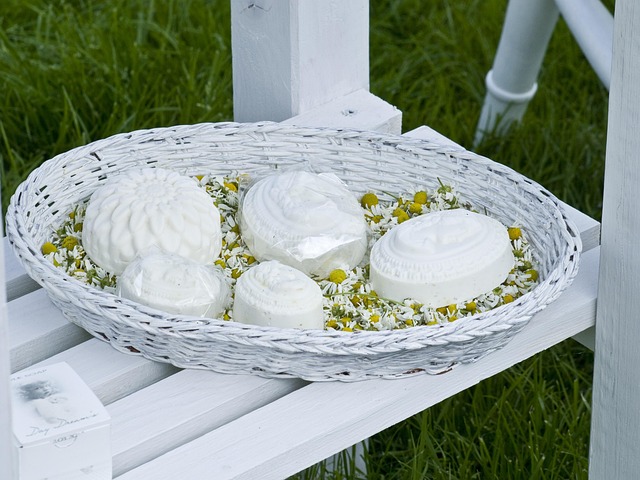
Regular inspections of water bills are crucial for managing usage effectively. By monitoring variati…….
Periodically Test Water Quality for Effective Leak Prevention
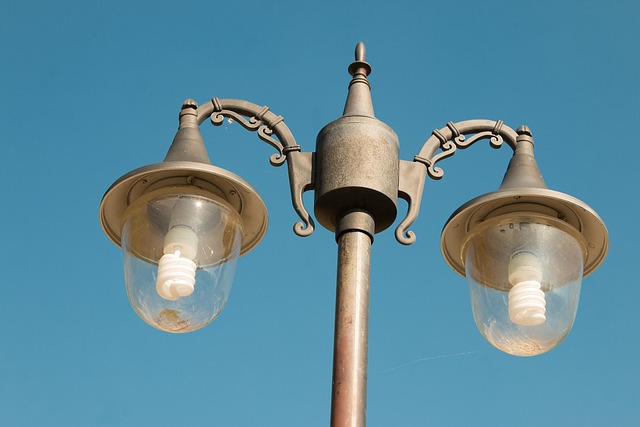
Regular water quality testing is key to leak prevention, especially in old plumbing systems and indu…….
Spot Leaks Early: Proactive Leak Prevention Tips
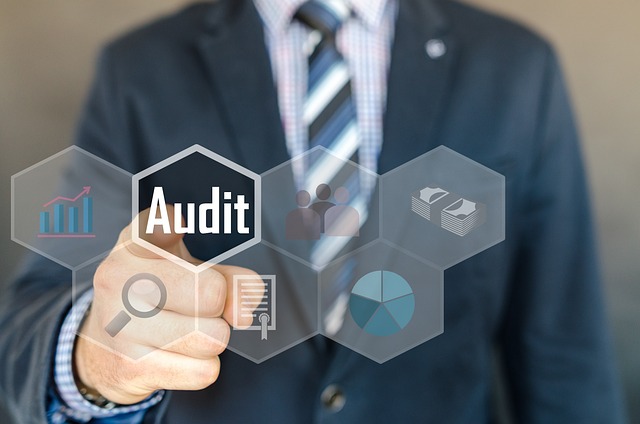
Regularly check water bills for unusual spikes indicating leaks. Monitor consumption patterns to est…….
Clean Faucet Aerators: Remove Sediment for Optimal Flow

Faucet aerators, vital for daily routines, require regular cleaning to prevent sediment buildup and…….
Mastering Leak Prevention: Locate Shutoff Valves Quickly
Master Sediment Removal: Choose Water Softeners Wisely
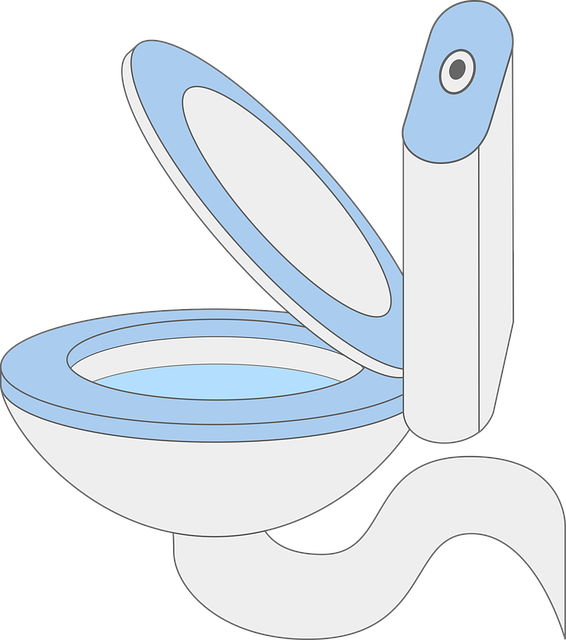
Water hardness, caused by calcium and magnesium, leads to sediment buildup in plumbing, reducing eff…….
Strainers: Essential Plumbing Maintenance Tips for Debris Trapping
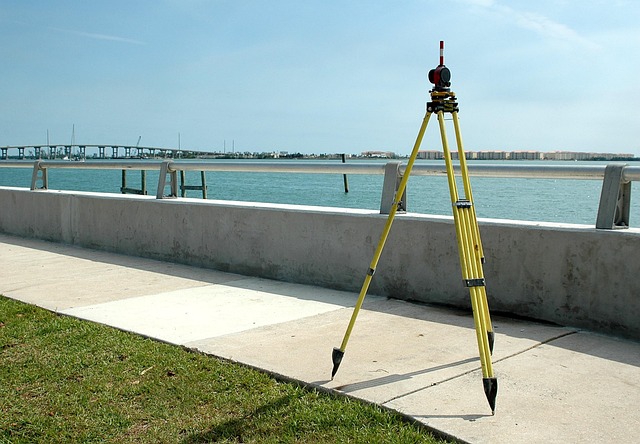
Strainers are vital plumbing maintenance tips for homeowners. Choosing the right strainer size for y…….


